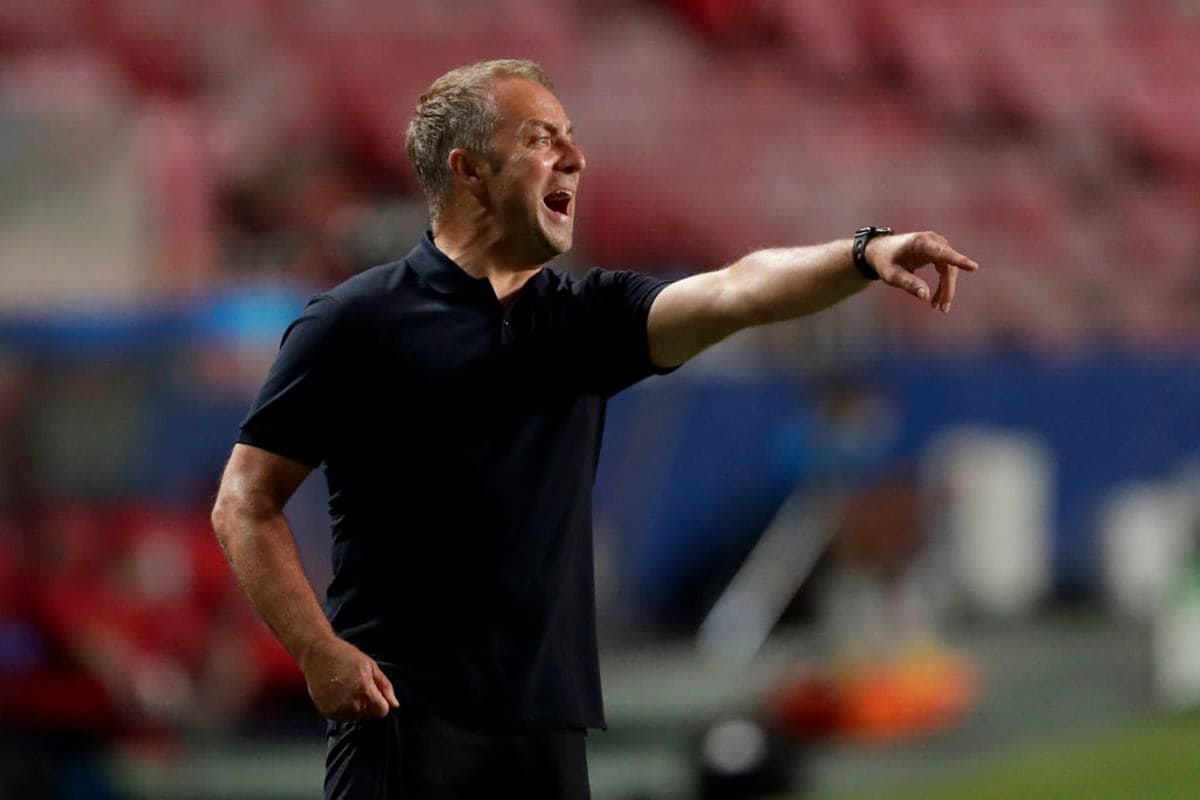

Florian Wirtz, the teenage prodigy from Bayer Leverkusen, was hooked along with the injured Goretzka. “This has to be a one-off,” Flick warned.īut it was what happened next that arguably made even less sense. And again it was the habit of conceding unbelievably soft goals that had undone them: an incontinent pressing system that somehow left them overcommitted up the pitch but without adequate pressure on the ball. “The first 35 minutes were the worst I’ve seen in my long career,” grumbled the never-knowingly-understated Lothar Matthäus on RTL afterwards, and for all the comical pratfalling it already felt like an early point of crisis for Flick, who had by no means been guaranteed to keep his job after the Qatar shambles. Belgium could quite conceivably have been 4-0 or 5-0 up within 20 minutes. Dodi Lukebakio missed a one-on-one chance.

Virtually every Belgian attack seemed to generate a shot. Kevin De Bruyne, as well as collecting two assists, was taking Joshua Kimmich and Leon Goretzka for a joyride in central midfield.
/cdn.vox-cdn.com/uploads/chorus_image/image/69728248/1323729146.0.jpg)
They were 2-0 down, Yannick Carrasco and Romelu Lukaku with the goals. Nine minutes into their game against Belgium in Cologne, Germany were discovering exactly how bad. The indeterminate 2-0 win over Peru last Saturday was one example: friendlies may show you how bad you are, but they won’t necessarily show how good you are. No host nation has won a World Cup or European Championship on home soil since France in 1998, and perhaps the lack of competitive practice is one reason. All are friendlies, which is less than ideal. Twelve fixtures separate Hansi Flick’s side from the opening game in Munich in June 2024. skip past newsletter promotionįor the players, still bruised after last year’s Qatar World Cup and its road of many miseries, a Euros on home soil offers a clear redemptive arc. And ever since Germany was awarded the right to host next year’s European Championship the tournament has been imbued with an almost alchemic power: a chance to unite and dream and make magic again. Ginter was a 12-year-old boy in the summer of 2006 and is now a 29-year-old defender in the squad that will be expected to recreate the Sommermärchen in 2024. “All the streets were full, everything with German flags, public viewing was practically invented,” remembered Matthias Ginter last week. The “summer fairytale”, they call it: a summer of golden memories and national euphoria, of street parties on scorching evenings, a summer that has spawned films and books and songs, despite ending in the semi-finals for the hosts. Almost two decades on, it’s hard to overstate what a cherished place the 2006 World Cup still holds in Germany’s collective memory.

Dortmund striker Youssoufa Moukoko, who played for Germany at the World Cup, is with the under-21 team only.“B ring on the new Sommermärchen,” read a banner that was unfurled at the Rhein-Energie Stadion just before kick-off on Tuesday night. Thiaw, Bayer Leverkusen midfielder Florian Wirtz and Bayern midfielder Jamal Musiala would have been eligible for that tournament but will only play for the senior national team. That will be followed by matches at Poland on June 16 and home against Colombia on June 20.īrentford forward Kevin Schade is the only player selected both for the friendlies and for the European under-21 championship starting June 21. It hosts Ukraine on June 12 in what the German soccer confederation considers to be the team’s 1,000th game. Bayern’s Thomas Müller remains out of the squad and hasn’t been selected since the World Cup.Īs the host nation for next year’s European Championship, Germany doesn’t have to play qualifying games. Others from the March squad who have been dropped include Eintracht Frankfurt’s attacking midfielder Mario Götze and Wolfsburg forward Felix Nmecha. Gnabry misses out despite a late-season burst of form which saw him score five goals and assist one more in Bayern’s final five games, helping his team to overtake Borussia Dortmund for the Bundesliga title.


 0 kommentar(er)
0 kommentar(er)
